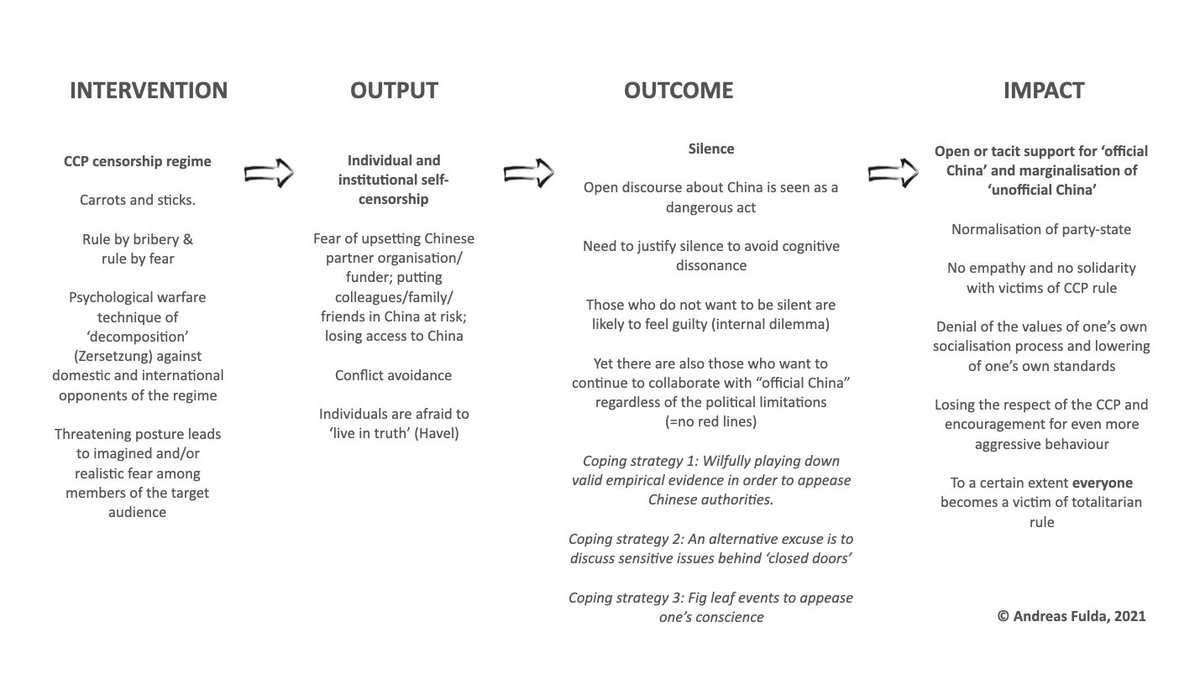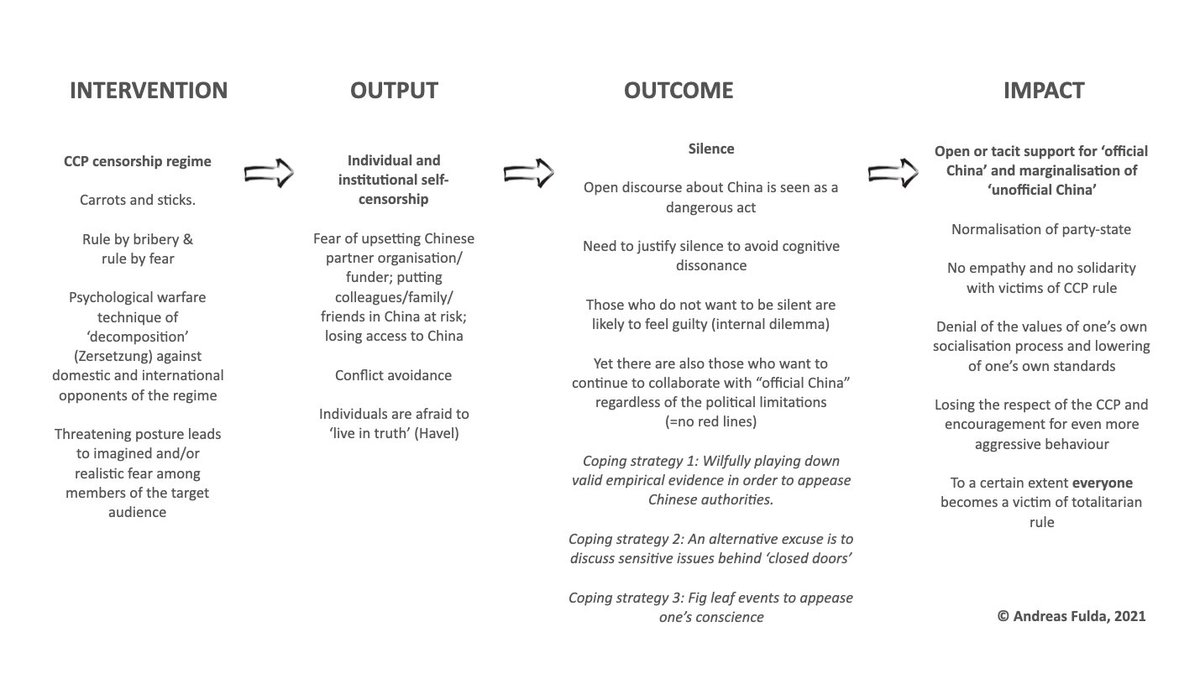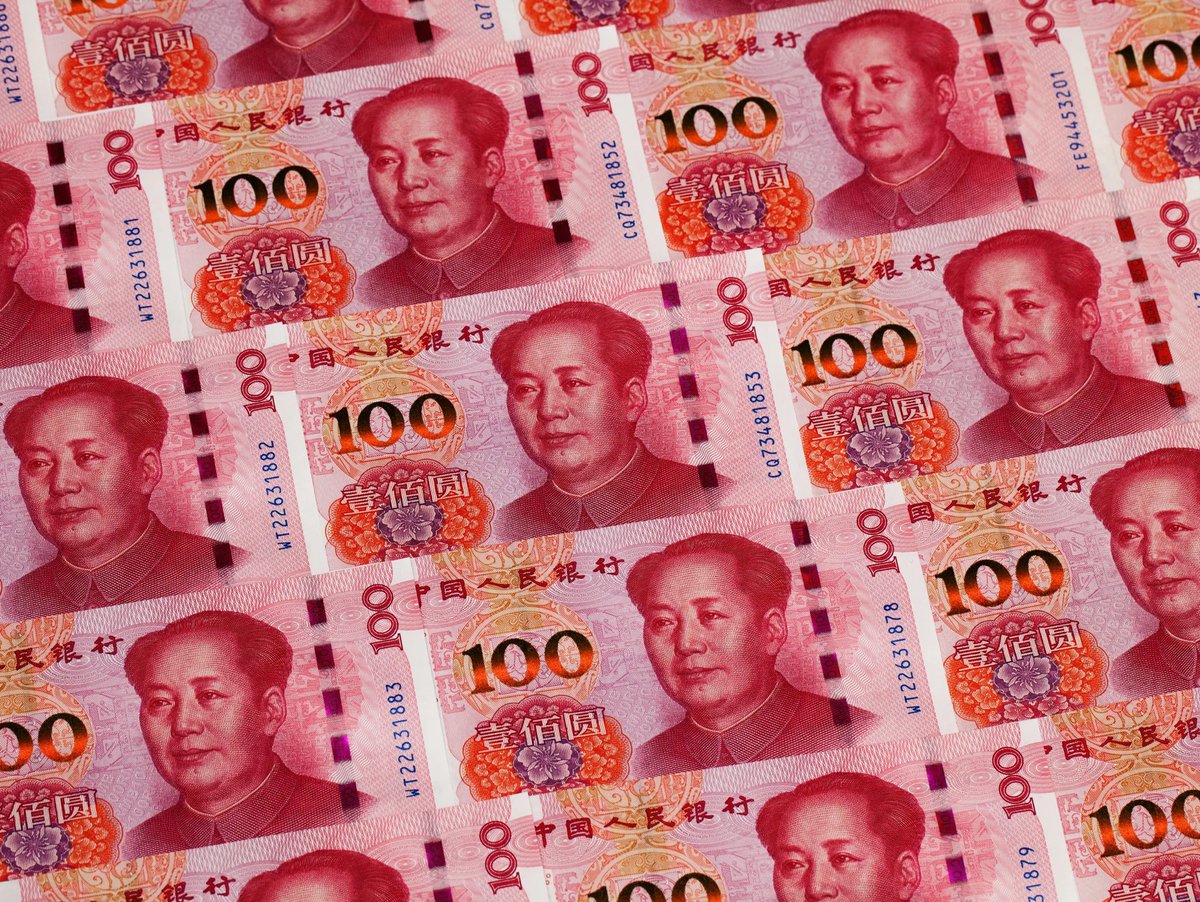
The Board of the German Association for Asian Studies (DGA) has published a new statement about the state of Asian studies in Germany. Their explicit commitment to #academicfreedom is welcome. But many problems with the DGA's approach remain /1
asienforschung.de/stellungnahme-…
asienforschung.de/stellungnahme-…
In the opening paragraph the DGA statement bemoans the supposed "return of dangerous stereotypical categorization patterns and woodcut-like world order models" without initially offering important context or country-specific examples /2 

In the second paragraph, however, it becomes fairly clear that they are primarily concerned about the "power and system rivalry between the USA and the PR China" as well as "democratic backsliding / democratic regression in parts of Southeast Asia" /3 

The DGA calls for critical & scientific engagement with Asia based on the principles of #academicfreedom. This value affirmation was long overdue. They are also worried about tendencies towards self-censorship and political interference on academia in Germany. So far, so good? /4 

It is very unfortunate that the DGA statement does not offer meaningful solutions to the problems it has identified. How can we have genuinely free, egalitarian and open-ended academic cooperation with the PR China under conditions of political #censorship and #selfcensorship? /5 

As Slavoj Žižek has rightly pointed out asking the right questions is just as important as providing plausible answers. How to deal with political censorship and self-censorship is the central question which remains unanswered by the new DGA statement /End bigthink.com/videos/the-pur…
If you would like to learn more about how the Chinese Communist Party's censorship regime works at home and abroad I invite you to read the following thread
https://twitter.com/AMFChina/status/1394278157541384193?s=20
• • •
Missing some Tweet in this thread? You can try to
force a refresh











